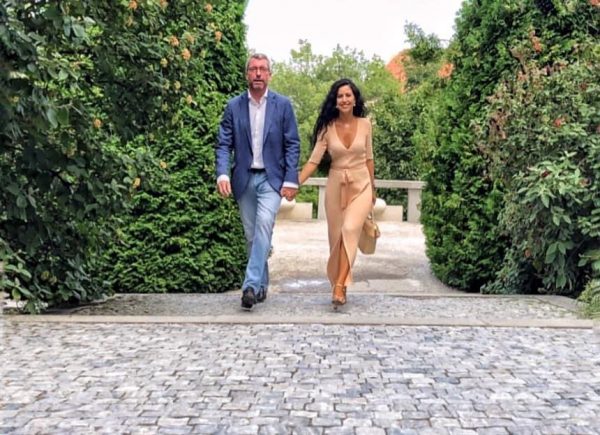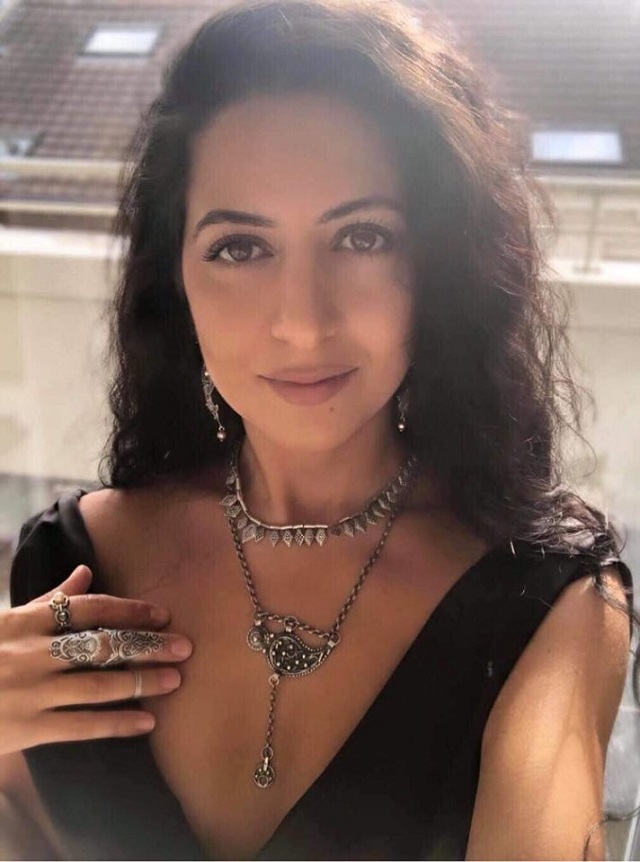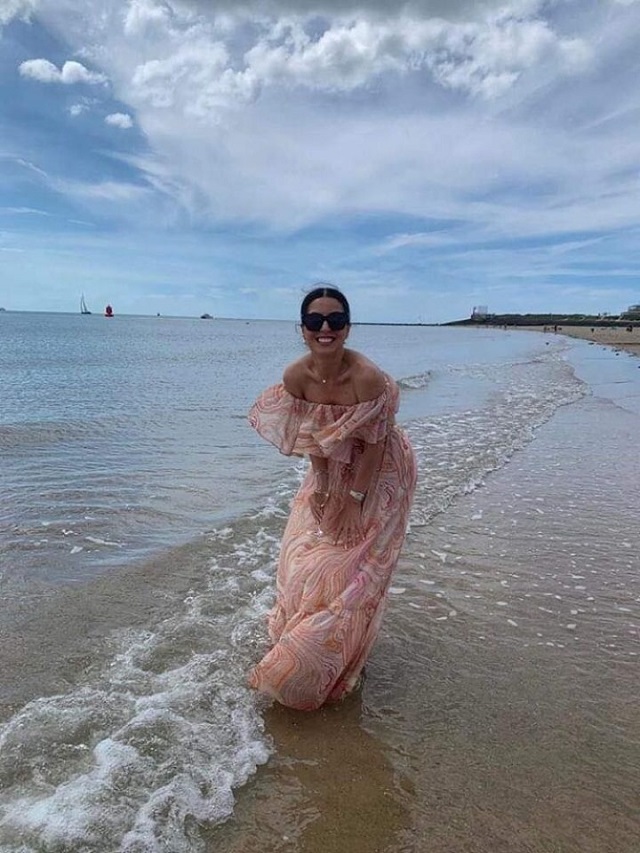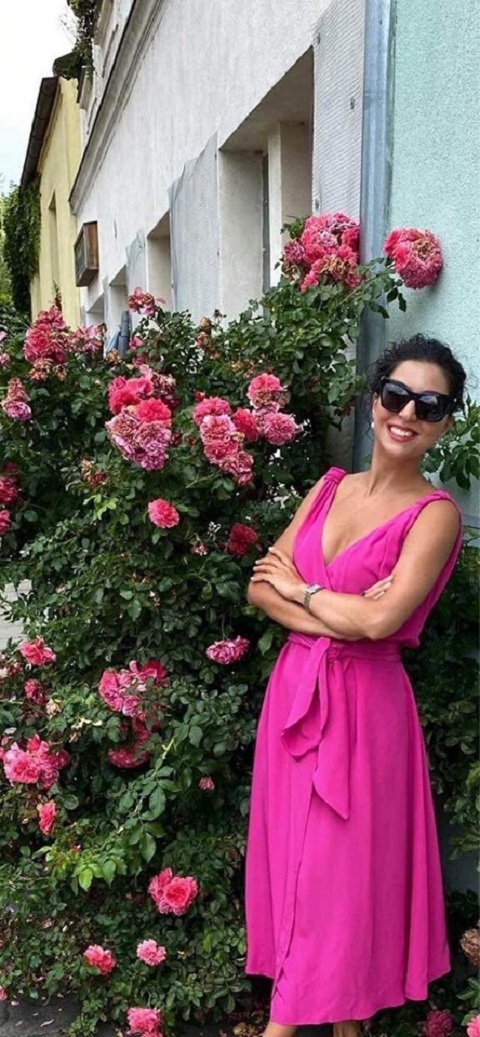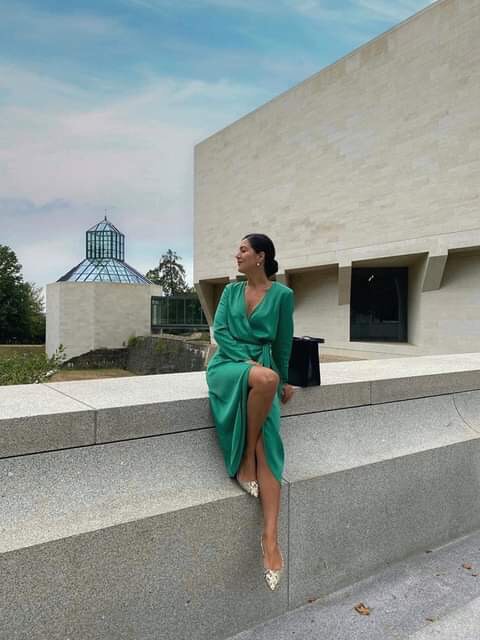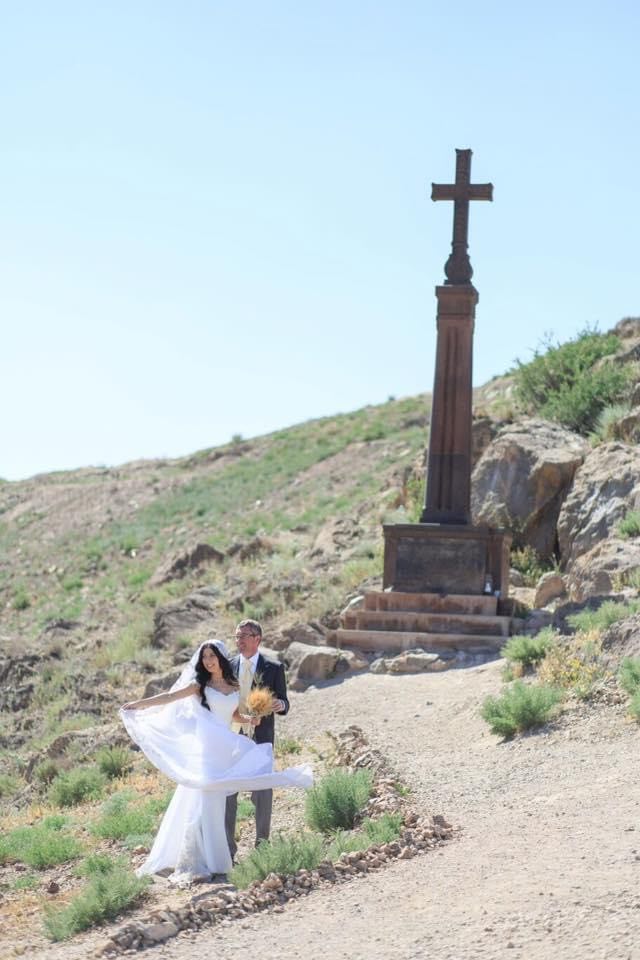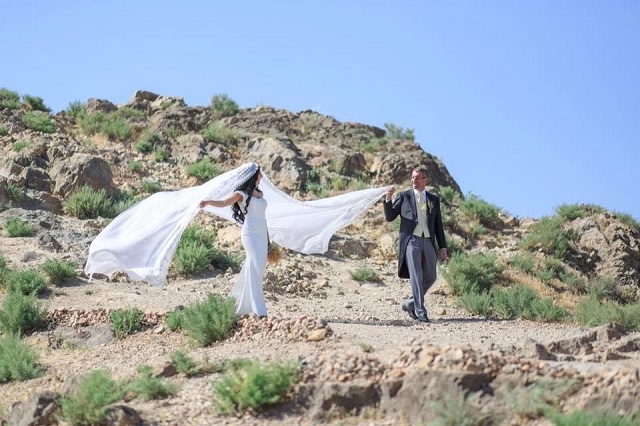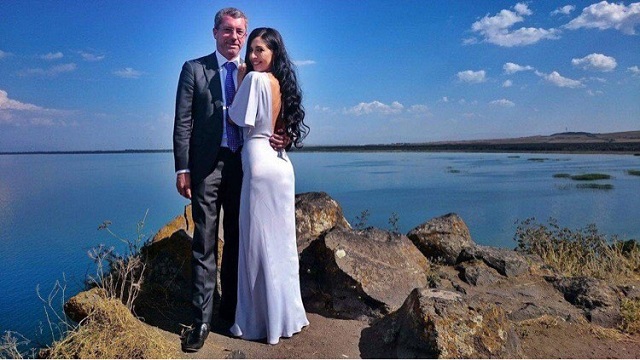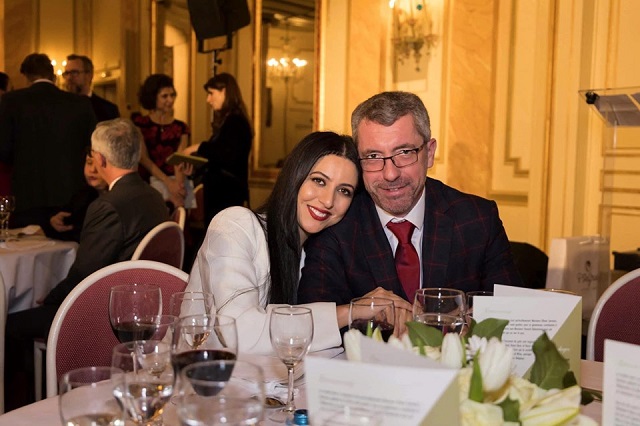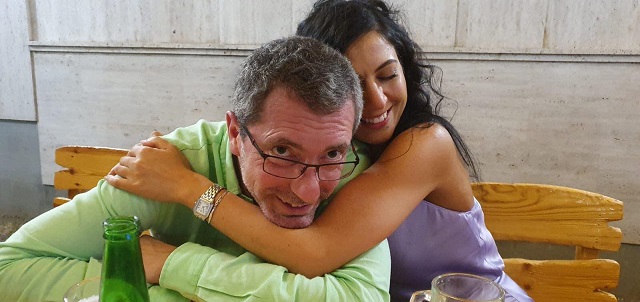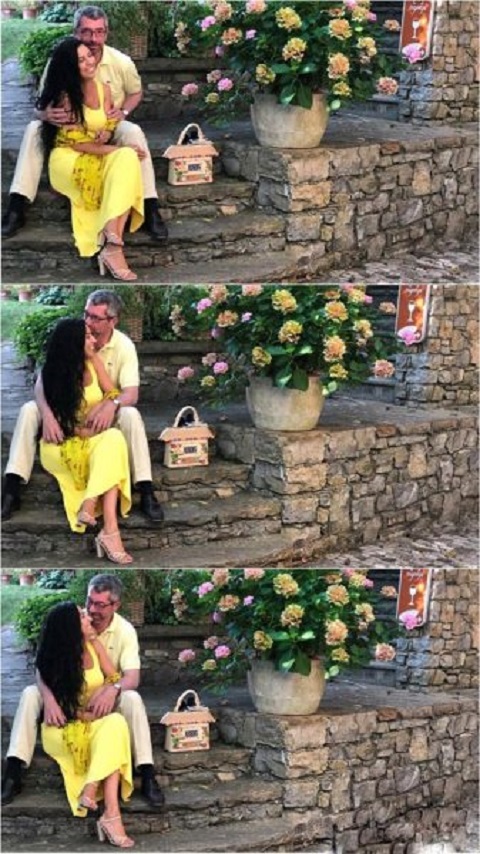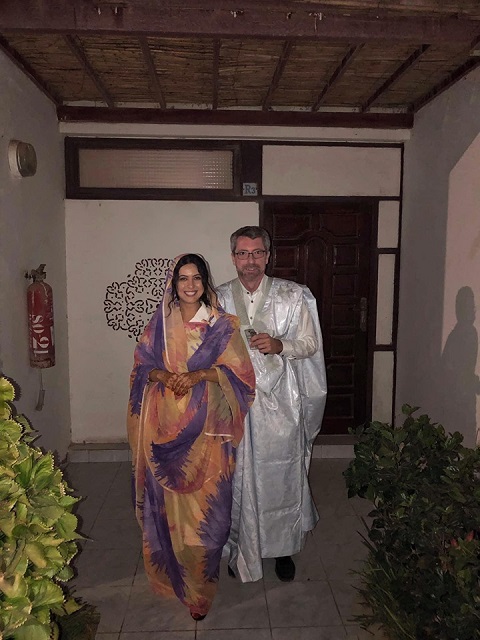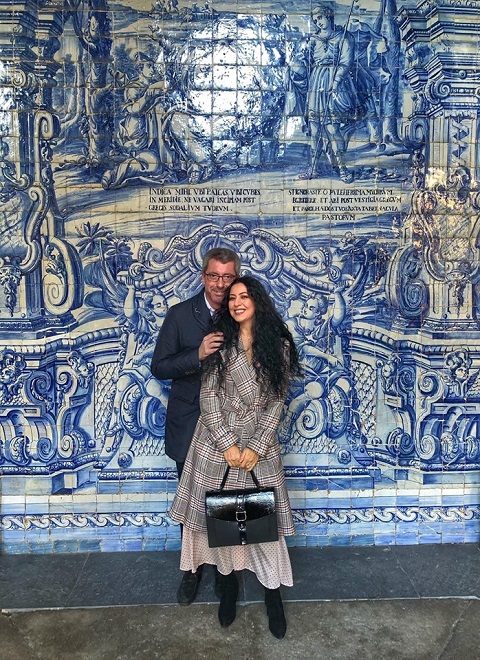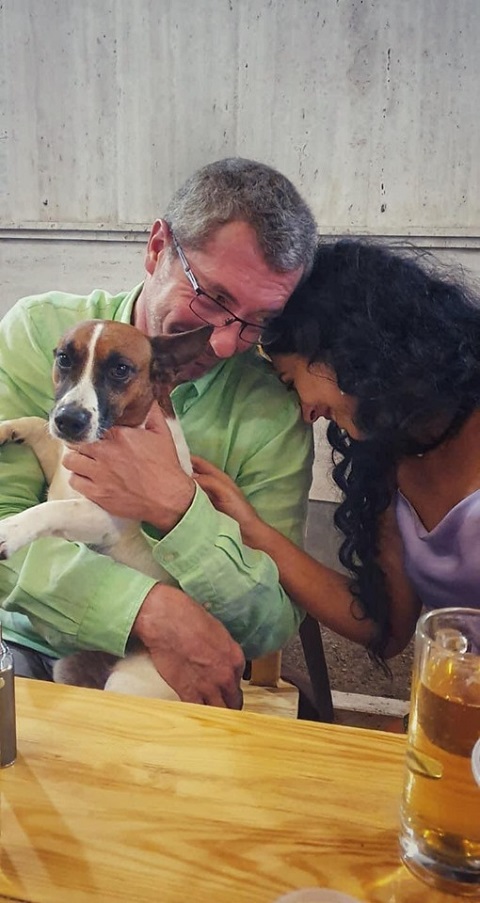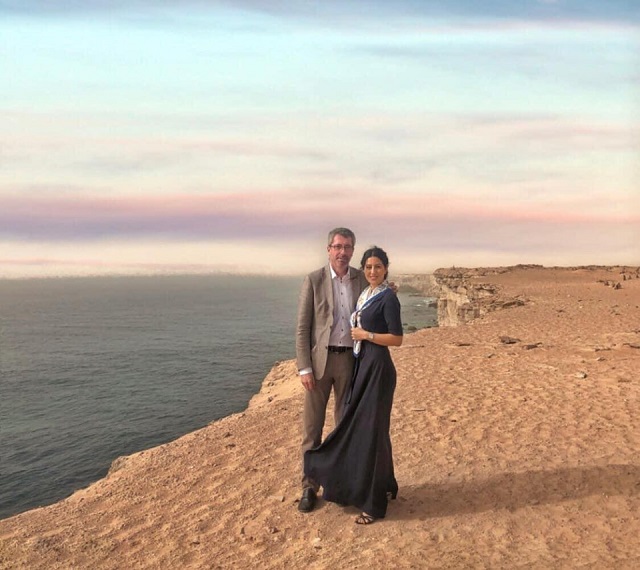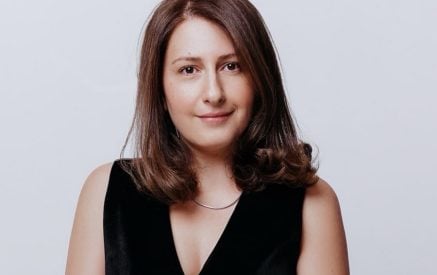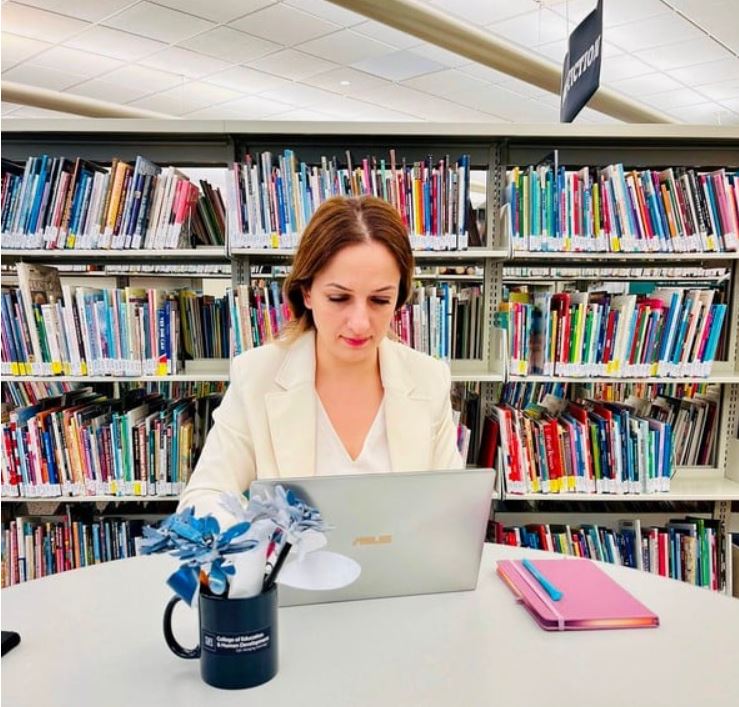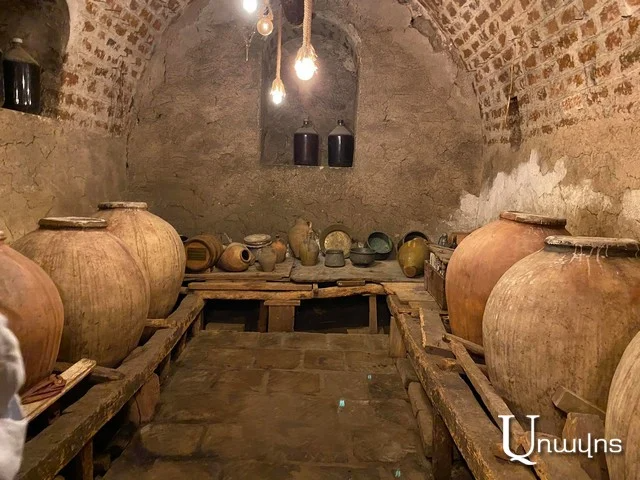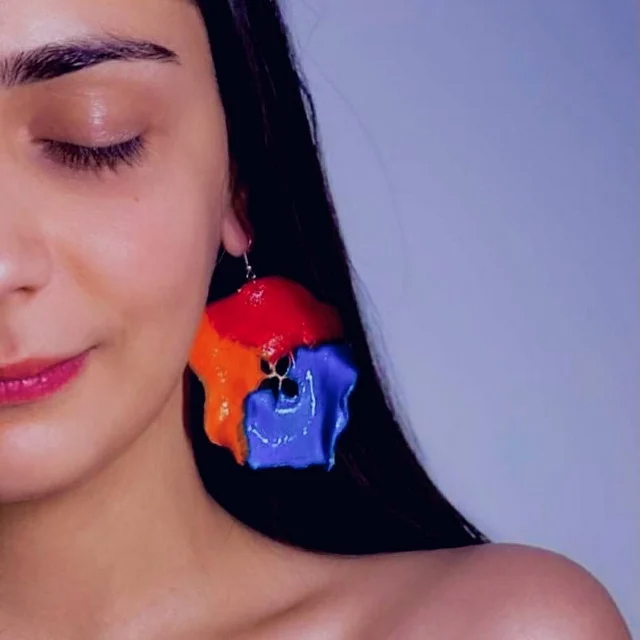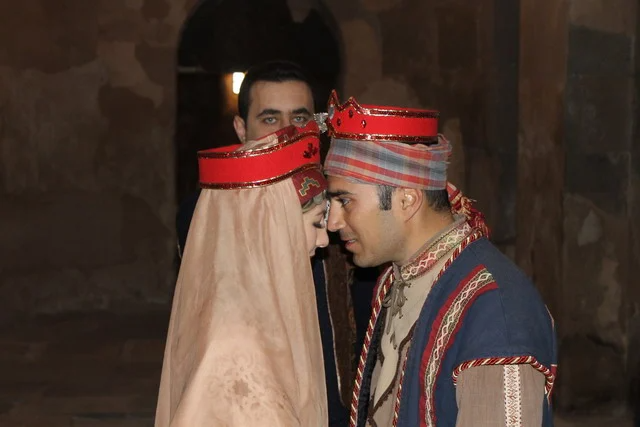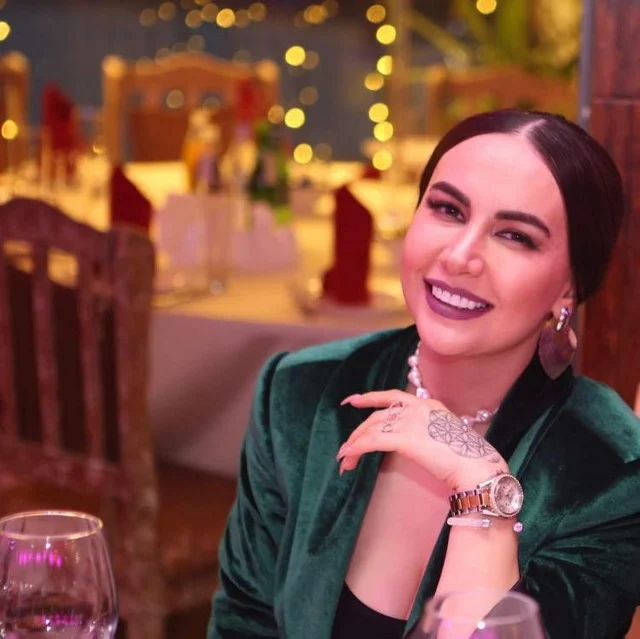Tatev said that the three most valuable presents she ever received from her husband, Frank Engel, were books, travel, and of course, his heart.
Aravot Daily’s interview with Tatev Manukyan Engel as part of the Femini series was very honest and interesting. Tatev presented her success story, spoke about her vibrant childhood, people who played a critical role in her lie, and love.
“My most vibrant memories of my childhood were my conversations with my father, who spoke with a vocabulary that was appropriate for all ages. Those conversations made me into the individual I am and gave me confidence, free will, and they taught me how to express my thoughts as a woman. They outlined my values, after which they had let me go into the free world. In many respects, I went from one extreme, Armenia, to the opposite extreme, Sweden, to continue my university education and to mature in an open world. In my later conversations with my parents, I needed to mention that those two years I spent as a student was the greatest test of their parenthood since, in an open world where there is no form of societal or parental guidance, your only compass is the values that your parents formed within you,” Tatev said.
She also spoke about the books she was reading. “Over the past few years, the books that always have a place on our table are language books. The others are always changing. I have difficulty saying what book I read last because I always have 5-6 books open. At the moment, I am reading Why Nations Fail, Yoga Anatomy, Getting Things Done, Lusine Kharatyan’s Crooked Book, Gevorg Minasyan’s Do Not Kill the Victor, and Histoire du Luxembourg,” she said.
Read also
We asked what she believes is the best way to present Armenia to non-Armenians. “There are many ways to present Armenia in other countries, but the most important way is through your lifestyle and how well you have integrated into that country, how well you know their culture, how well you’ve studied their language, and how well you understand their society and lifestyle. You can only present yours once you have known theirs. That is the only way in which a foreigner will come towards you with interest to learn more about your culture and country,” Tatev responded.
Regarding the people who played pivotal roles in her life, Tatev said that they are many. “The most pivotal, of course, was when I met my husband. Not just in terms of love, but in terms of thousands of other things. He’s someone who presents all the layers of his culture but is a world citizen who remains open to other cultures. He speaks nine languages but does not consider that to be unique. He knows the histories of other countries better than locals and does not consider that to be unique, either. I loved all the characteristics in him that I always secretly wished for my husband to have. The two weeks we spent in Armenia and Artsakh were also pivotal (in a white Niva, she added with a smile), when Frank said, ‘You need to see Armenia and Artsakh from edge to edge, and then we will move onto the rest of the world.’ We toured all of Armenia and Artsakh. And as you can imagine, he was my personal guide.”
We asked Tatev if there is an Armenian dish that her husband, Frank Engel, a former member of the European Parliament, loves in particular. “My husband loves tjvjik, and he also makes it very well. He asked me to prepare tolmas for our Luxembourgish visitors, which they enjoyed very much. Now, my husband is inviting all of Luxembourg to eat tolmas. We mostly eat European foods, but my grandmother, Seda, mainly provides us with Armenian food when we visit her in Ghent, Belgium.”
She also spoke about happiness and success. “I obviously consider myself to be successful in the sense that I have a good relationship with my family, my husband, my friends, and my acquaintances. Being successful is also a choice. But to consider myself successful in my career is not very modest since that is determined based on the number of years, and I would not allow myself to call myself successful publicly. Other people need to do that.”
We asked her about where she experienced the most cultural shock as someone who has traveled often. “I experienced cultural shock when I lived in Sweden for two years. That was the first time I lived in another country and, as I said, I had gone from one cultural, social, and societal extreme- Armenia- to another. That is why I began to redefine my values and who I am.”
Gohar Hakobyan




















































